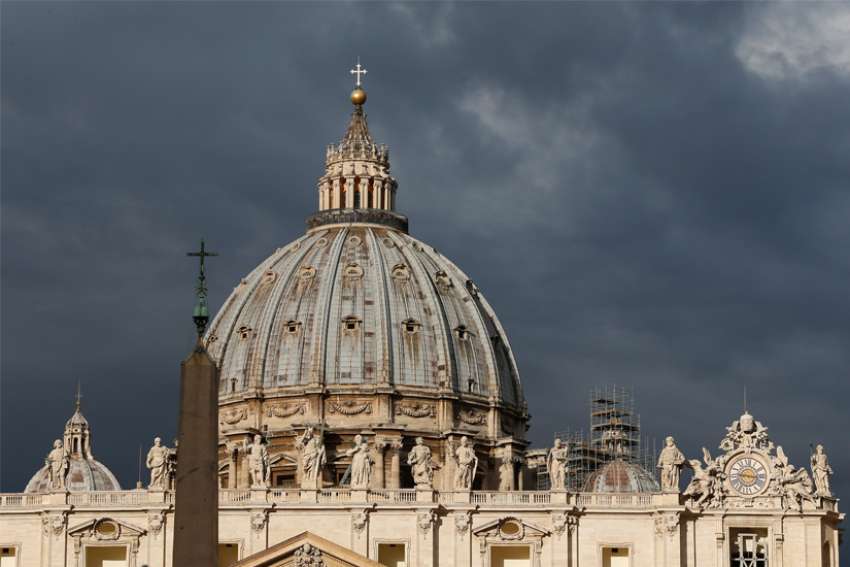Joseph Mkasa, one of the servants, was a 25-year old Catholic convert who condemned the king for killing Protestant missionaries and his companions. He even dared Mwanga to change his lifestyle. The king then ordered Mkasa’s death by spear.
After Mkasa’s death, Lwanga took over the instruction and leadership role of the Christian community at the king’s court and the charge of keeping the young boys and men out of Mwanga’s hands.
During Lwanga’s stay in court, Mwanga called for one of his pages, who was late in responding to the king’s beckoning. When asked for the reason behind his slow response, the page disclosed that it was due to his getting religious instruction. This response caused Mwanga’s anger to boil over. He ordered the royal compound to be sealed. Lwanga, upon hearing this news, knew what was going to happen. That same night he baptized four catechumens.
The following morning, Mwanga had the court gathered before him and separated the non-believers from the believers. He demanded the believers renounce their faith and inquired if they intended to remain Christians. To that they answered “yes” with great strength and courage. Mwanga condemned them to death, burned at the stake.
Soon after the Society of Missionaries of Africa — the White Fathers — were driven out of country only to come back after King Mwanga’s death. In their absence, the new Christians carried on their work, translating and printing the catechism into their native language and giving secret instruction on the faith. The White Fathers returned to discover 500 Christians and 1,000 catechumens waiting for them.
The 22 Catholic martyrs of Ugandan persecution were canonized by Pope Paul VI on Oct. 18, 1964. St. Charles Lwanga is the patron of the youth and Catholic action in most of tropical Africa.
The feast day of St. Charles Lwanga and his companions has come at the most opportune time: with the recent attacks on the Church, we need a symbol and a strong reminder that the Church is not easily toppled no matter how much its enemies have tried.
His story is a story of fear — the fear of the power of the Church and what following the Church can do to our lives.
Like King Mwanga, many have tried to take down the Church. With the blasphemous Tiktok posts made by French social media influencers twerking in a cathedral back in February and the recent murders of 22 believers in a Nigerian church, denigrators have attacked and tried to prove a point: the Church is dead and must die alongside its archaic rules and beliefs.
However, believers are also there to prove a point: The Church is here to stay and so are the followers of the Gospel of Jesus Christ. Circulating through social media are videos of young people holding vigils in front of the desecrated churches and people asking for apologies from the social media personalities. Youth also ask for the protection of religious beliefs equally.
The faith will not die and wither away. The more people have tried to extinguish the flames of the Holy Spirit, the more it spreads like wildfire.
We see attempts to silence the voices of the believers, shake their beliefs and scare them into turning their backs on Christ. We need to have faith like that of St. Charles Lwanga and his companions. We need to have the courage to laugh and smile in the face of all the detractors and just like Joseph Mkasa, dare to say: “A Christian who gives his life for God is not afraid to die.”
(Ducepec, 23, is a recent Bachelor of Science graduate from the University of Toronto)


